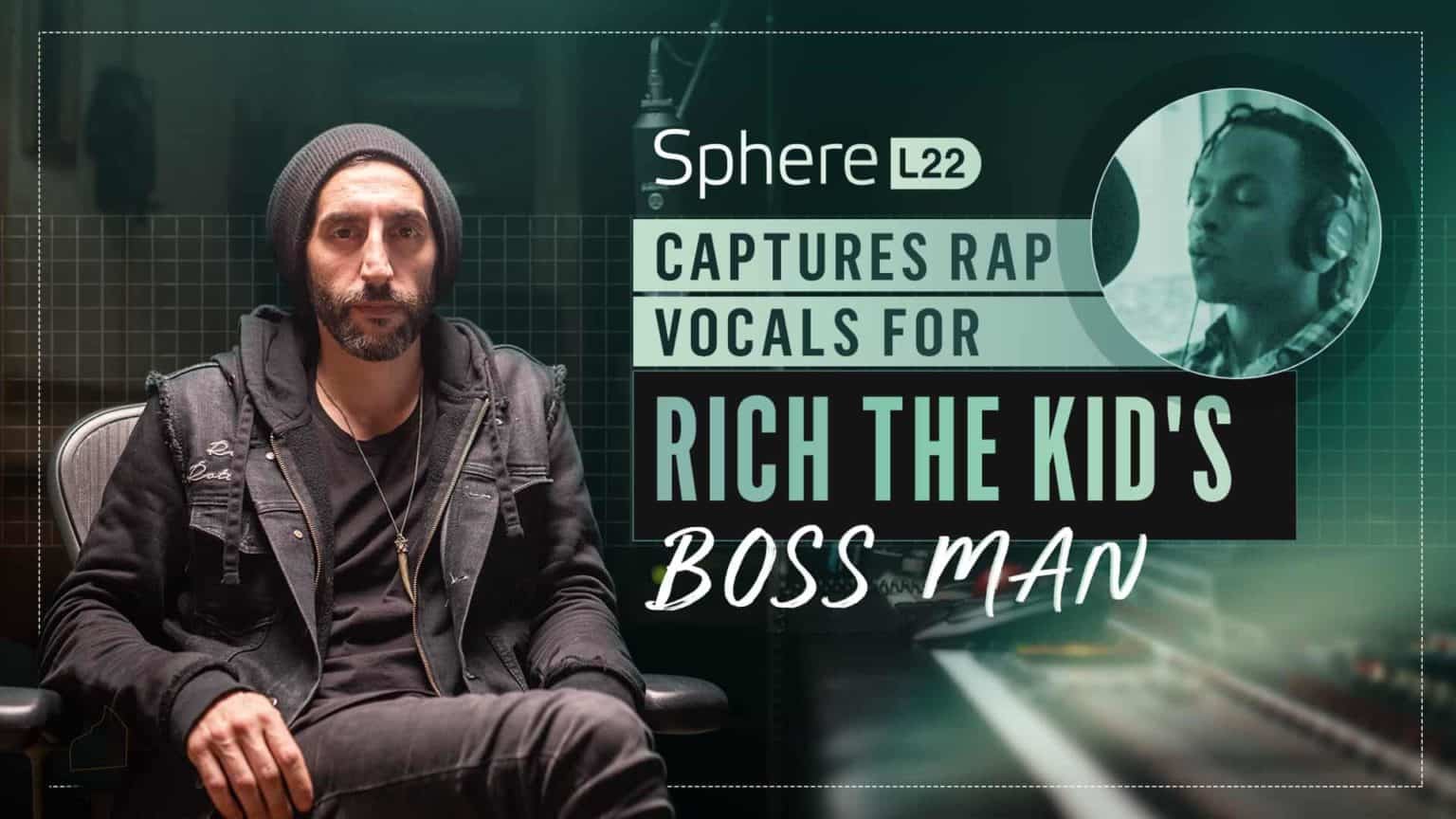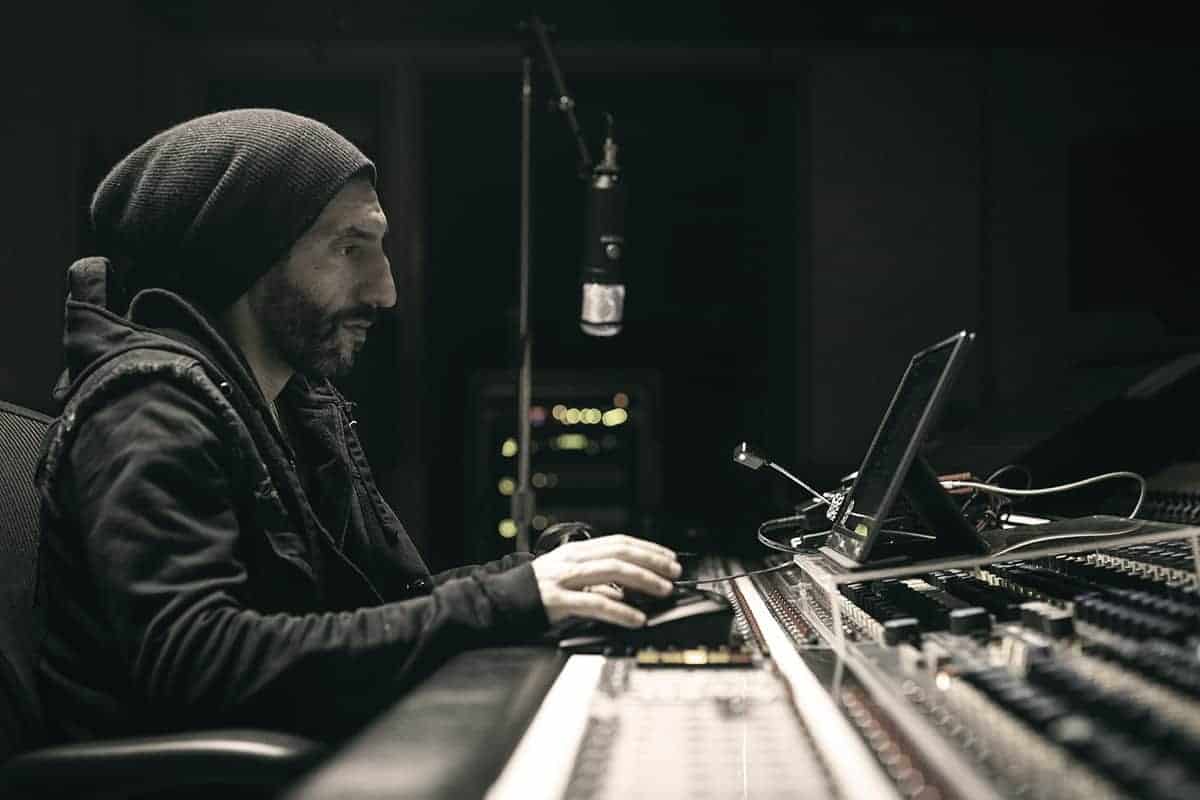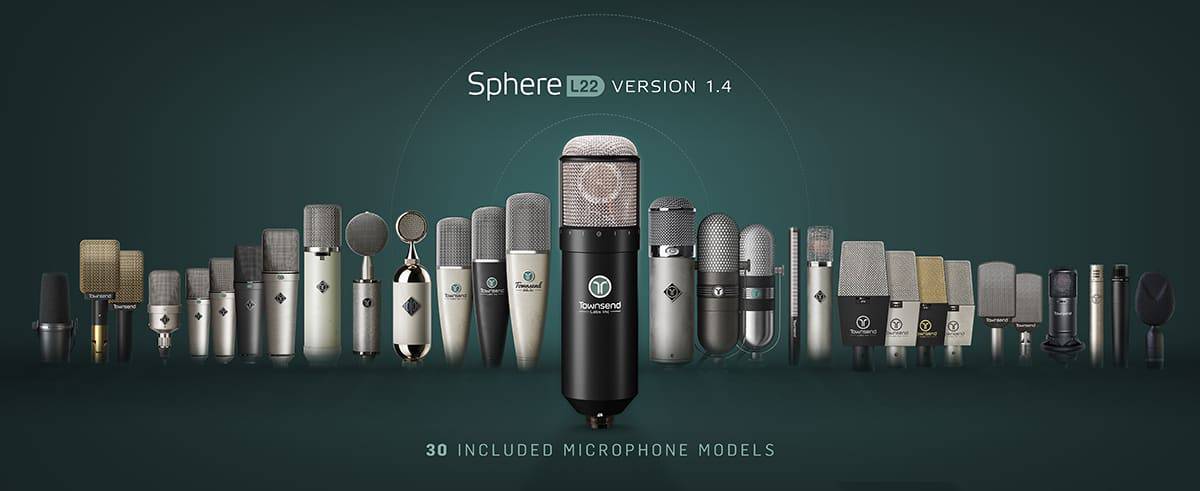Product News
2020/04/20
Sphere L22 captures rap vocals for Rich The Kid’s new album

Boasting features from modern rap heavy hitters like Post Malone, Nicki Minaj, Lil Baby, DaBaby, Lil Tjay, and YoungBoy, Rich The Kid’s recently released third album ‘BOSS MAN’ has been highly anticipated. A majority of the rap vocals, including those featured on the singles ‘Money Talk’ and 'Red', were tracked with the Townsend Labs Sphere L22 microphone and the LD-800 model based on the iconic Sony C800G tube condenser microphone.
Jason ‘Cheese’ Goldberg, an LA native, was the tracking engineer in the hot seat on these sessions. He started out honing his skills with the world-renowned composer Hans Zimmer. But Goldberg then moved on to work with major label artists from Jason Derulo and Meghan Trainor to Fifth Harmony and Travis Scott.

Jason Goldberg's tracking setup for rap vocals consists of the Townsend Labs Sphere L22 microphone, a Mac Mini, the Universal Audio Apollo Twin MkII interface, and Avid Pro Tools Ultimate.
Record anywhere
Goldberg’s philosophy? Record anywhere! Turning everything from tour busses, Airbnb lofts, and hotel rooms into makeshift studios, recording in actual studios is an exception rather than the rule. His streamlined recording rig gives him the consistency, speed, and quality that his clients demand. As a result, Goldberg it able to cut professional records with the utmost flexibility
All he needs to get going is a Mac Mini, a Universal Audio Apollo Twin MkII interface, and the Townsend Labs Sphere L22 modeling microphone, packed up neatly in a sturdy road case. Committing to the vocal sound shaped by the Sphere microphone modeling and UA’s Neve 88RS Unison plug/in, Goldberg tracks with an elaborate Pro Tools template that still allows low-latency monitoring natively.
Goldberg explains: "It's fast, it's easy, it's consistent, and it works really well".
This exact setup was instrumental in capturing the vocals for Rich The Kid's latest album BOSS MAN’. For the past five months, Goldberg has traveled around the United States, following Rich The Kid’s busy schedule.

Rich The Kid's tracking with the Sphere L22 for the song "Racks On" in a loft in Utah. Picture attribution: Unkut Cinematics
About Sphere
Since its debut in 2016, the Townsend Labs Sphere L22 has established itself as the best microphone modeling solution in the industry. Its pioneering multi-dimensional modeling technology and unique dual-channel design take microphone modeling far beyond merely mimicking the static on-axis response of the original microphones.
The Sphere L22 system is comprised of a dedicated, dual-channel microphone and its software counterpart, the Sphere plug-in. The exacting models incorporate transient response, harmonics, proximity effect, and multi-dimensional polar response. Thanks to Townsend Labs' exhaustive and curated study of classic microphones, the Sphere system currently brings the soul of 30 of the world's most revered microphones to life. The striking accuracy and sonic results have convinced owners from home recordists to seasoned industry veterans, such as Joe Chiccarelli, Billy Bush, and Allen Sides.

The Sphere L22 currently includes thirty stunning-sounding microphone models, including the LD-800 used on Rich The Kid's album.
About Townsend Labs
Following more than three years of technical development, Townsend Labs was founded in 2015 by thirteen-year Avid alum and DSP architect Chris Townsend, together with Erik Papp, previously CEO of Summit Audio Inc. Townsend Labs Inc. is a professional audio company in the San Francisco Bay Area region of California. In July 2016, Townsend Labs announced their world-class patented microphone modeling technology, Sphere. Sphere’s analog hardware directly captures spatial and distance information in the sound field, allowing for unprecedented control and multi-dimensional modeling of vintage microphones from within the Sphere plug-in.
